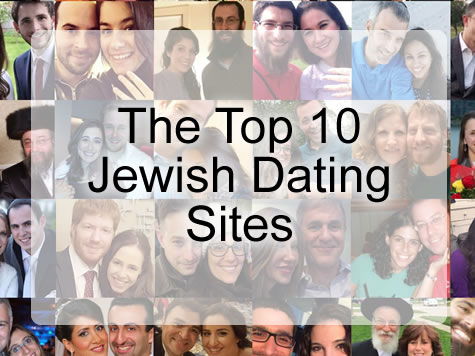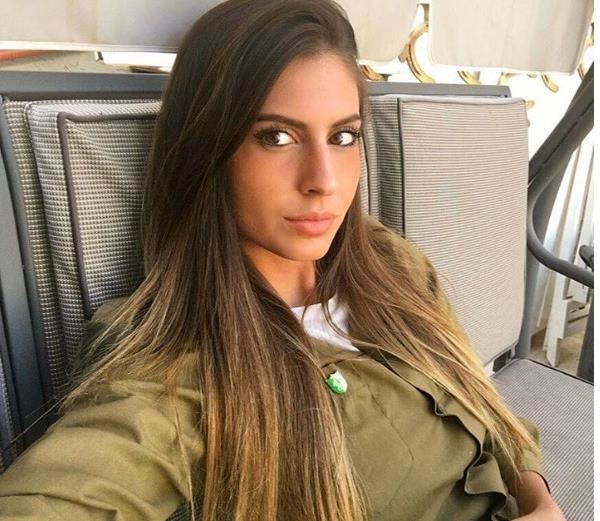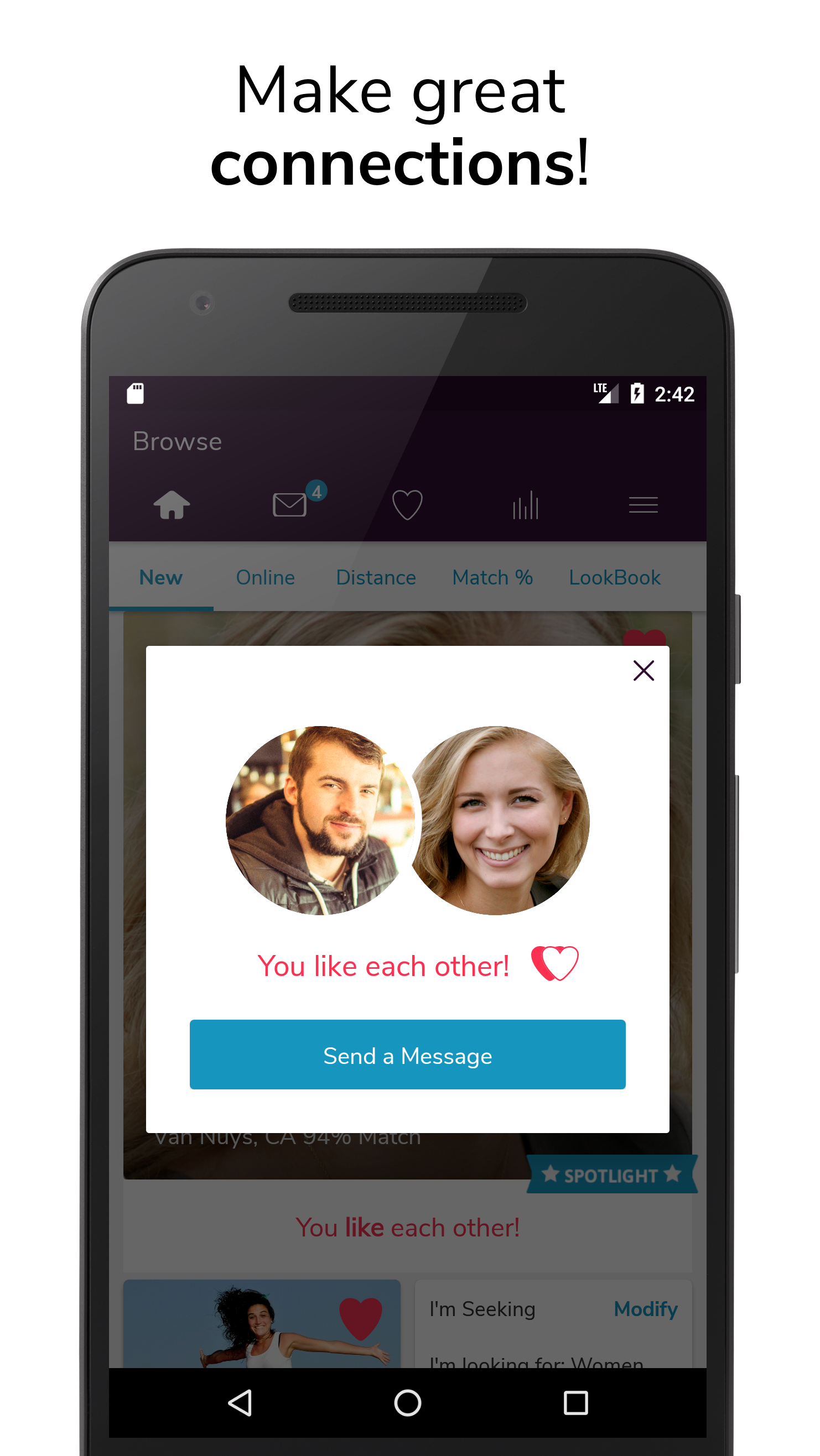The first step is to go to the app store and download our Jewish dating app to your iOS or Android device. From there you have the world of Jewish dating at your fingertips and have access to the fantastic features our app has to offer. Register and Add Photos. After installing the Jdate app you’ll need to register and start creating your. Heyoosh, a new Israeli dating app, hopes to bring dating back offline by placing a focus on in-person encounters while protecting users' privacy. The creators of the app were concerned with how.
The Israeli news outlet Ynet reported earlier this week on a new dating site for gay and lesbian Jews seeking to couple up and have children together. So far, around 50 people have signed up, ranging from ultra-Orthodox to conservative Jews.
The site's founder, who goes by the name Eran, reportedly started the underground website after a Facebook post he wrote seeking a platonic wife went viral last year, inspiring friends and strangers alike to contact him in search of a similar relationship. It appears these people acknowledge their LGBTQ identity isn't a 'phase,' but want to stay in the closet nonetheless.
'At first, I tried to help. I made a list and even set some people up,' Eran said to Ynet. 'But, as the requests multiplied, I decided that it was in everybody's interest to make a framework for it and give people a place where they could find the kind of relationship that they're looking for.'
People on Eran's site have wildly diverse expectations for the arrangement, ranging from an open policy on extramarital affairs to users, like 'Seeking Truth,' who wrote this messageaccording to Ynet: 'I'm looking for a woman who doesn't want to follow her orientation, but rather wants to make a real and Jewish home. I'm not looking for a woman who's interested in extra-marital liaisons!'
Israeli Jews have little hope of obtaining religious gay marriage at home with their actual partners, since marriage law falls under the domain of the ultra-Orthodox rabbinate. For this reason, many Israeli couples of all orientations go abroad to get married, a partnership recognized as 'civil marriage' when they return to Israel. Yet the idea of Israel's religious law accepting LGBTQ couples is still a distant pipe dream.
Ron Yosef, an activist who founded the Israeli LGBTQ organization Hod for religious Jews, told Mic he knows Eran but has mixed feelings about his matchmaking project. 'This is like turning away from the issue, for yourself and for the community,' Yosef said in a phone interview.
'It was a common practice [for LGBTQ men to seek heterosexual marriages] until 2008 when Hod was founded. We started talking about the issue and demanding answers from rabbis... For many years Jewish people [in Israel] had no other option.'
A Hod survey in 2014 estimated that up to two-thirds of gay ultra-Orthodox men in Israel still marry women. It helps shield them from homophobia and also provides their families with all the benefits given to parents the state officially recognizes as 'religious Jews.'

Even if those estimates are generous, the stigma associated with being LGBTQ in Israel is still widespread. Last summer, an ultra-Orthodox Israeli man stabbed and killed several people at the Jerusalem Gay Pride parade.

Hod is now at the forefront of working with rabbis to negotiate religious laws surrounding LGBTQ identity and relationships. By 2013, more than 123 Orthodox rabbis in Israel and abroad had signed the community charter in progress, which they call the 'Document of Principles.' The document argues that coercing LGBTQ people into heterosexual marriages degrades the act of marriage itself and emphasizes the importance of accepting queer people in spiritual communities.
Yosef believes it's the responsibility of individual spiritual leaders to explore how people of faith can honor religious law in a loving gay relationship. 'I don't see the Rabbinate [official legal body of rabbis] or the Knesset [Israeli parliament] changing it or allowing gay marriage,' Yosef said. But helping people apply ancient traditions to modern life 'is the role of rabbis.'
'Living a dual life will, in my opinion, usually cause more harm than good.'
This phenomenon isn't unique to Israel. Researchers in Utah who surveyed 1,612 LGBTQ Mormon men in heterosexual marriages found over half of the relationships ended in divorce. Researchers at Qingdao University have also estimated that around 16 million gay Chinese men were married to women, the Independent reported in 2013. Shanghai's biggest gay dating site, inlemon.cn, even started its own marriage market in 2010 because of the high demand for these 'sham marriages,' prompting the launch of Chinese apps like Queers and iHomo to help LGBTQ Chinese people find heterosexual marriage partners.
Even in the United States, 'sham marriages' are prevalent in religious communities, though there's no reliable data to suggest how common they are. Author Rick Clemons was married to a woman for 13 years before he came out as gay. He now works as a self-described 'life strategist' helping LGBTQ men come out.
'This isn't all about sex,' Clemons said in a phone interview. 'How different is [a sexless 'sham marriage'] from a [sexless] heterosexual marriage? There are lots of sexless marriages out there in the world... but living a dual life will, in my opinion, usually cause more harm than good.'
Social worker and family therapist Naomi Mark, who works extensively with Jewish communities in New York, agreed that secrecy is harmful to couples, even if they both know about each other's orientation.
'I would never recommend... a lifelong commitment to secrecy,' Mark said in a phone interview. 'Marriage and intimacy are challenging enough, and complex enough ... I'm not saying it can't ever be done, that this would never work, but I would never suggest that anyone do it.'
Despite the psychological risks, this practice is still prevalent in the ultra-Orthodox Jewish community the world. In a 2013 Thought Catalogarticle about being queer in Brooklyn, New York, J.E. Reich pointed out how communities still venerate teachings from esteemed rabbis who encouraged LGBTQ Jews to seek heterosexual marriages.
Meanwhile in Israel, Yosef believes helping gay men marry women is a step backwards, stalling progress for both the individual and the community at-large.
'Sex is holiness, marriage is a unique relationship,' he said. 'I know dozens of people who got married to a woman...it developed a lot of problems...many of these couples eventually get divorced or cheat on their wives and they [the wives] don't know about it. If this is the meaning of marriage, it's a little bit bullshit.'
In recent months, some of my reporting on CTech has been surrounding the popular dating app OkCupid and what insights it can tell us about society. In March, I wrote about how people were 13% more likely to get a match if they signaled their vaccination status, and the following month I highlighted how 77% of Israelis express ‘concerns for the fate of the planet’ due to climate change.
Well, two months have gone by and an entirely new government has formed in the Knesset. Since OkCupid offers its users up to 5,000 questions that can be answered to determine the responses to some of these issues, and given my past interest in such data, I wanted a catch my own date with the company to find out more.

“We can add questions within seconds,” said Michael Kaye, the company’s Global Communications & Public Relations Manager. I caught up with him earlier this month to discuss two major things happening: the return of Tel Aviv Pride and the change of the Israeli government – a welcomed rotation after years of political and policy stalemate. “This weekend, when we were still getting the news alerts about Benjamin Netanyahu, we immediately added questions about how Israelis feel about the new government and how long they think the new government will last.”
Best Dating Apps Free
One of the most striking aspects of OkCupid is how it differentiates itself from other dating apps. As well as conventional swipe and messaging services, the app also asks its users dozens of questions about a myriad of subjects helping determine possible matches among users. I once downloaded the app and was asked if I ate meat, and then suddenly challenged on my views about Trump’s border wall. “These questions are all about dating, relationships, and sex, but also politics, healthcare, climate change, gun control, marriage equality, and racial equality,” he told me.

Israel is a smaller country than most, and so we had to wait a few weeks for the data into Israeli opinion on the new government. Michael kindly followed up with me a few days after our call via email and provided the results from 1.5 million questions answered by Israeli users since Naftali Bennett became the country’s new prime minister.
How do you feel about the new Israeli government?
Finally! (51%)
Not sure (40%)
It’s a disaster (10%)
Do you think the new Israeli government will last?
I have no idea(52%)
Yes (25%)
No (23%)
According to the data collected by OkCupid, more than half of single Israelis have no idea how successful the Bennett administration will be, only feeling relief that it represents a definitive government after all these years. Only 10% of Israelis think it will be a flat-out disaster, with roughly an equal share believing it will – or won’t – last at all.
If you think that politics is not a sexy thing to discuss on a dating site that people use to find love, then you might be pleasantly – or drearily – surprised. As I wrote in March: “In 2019, 53% of OkCupid users said they couldn’t date someone with the opposite political opinion – with that number jumping up to nearly 70% in 2021. In total, 32% of OkCupid would rather share the same political beliefs with their partners than have good sex.”
“We know this is a hot topic for daters,” Michael told me when I mentioned the relationship between dating and politics. “In Israel, we’ve already seen 380,000 users say they enjoy discussing politics.” In the email follow-up, he provided the data that showed almost 50,000 OkCupid daters in Israel have said they like to discuss politics with their partners in a relationship. Of those, 63% prefer that their date shares their political views.
So, Israelis like fighting on dates – what else is new? Well, in an announcement that would coincide with Pride Month, Michael told me that OkCupid was adding 19 identities – up from 41 – to help make the platform be more inclusive for those in the LGBTQ+ community who may not fit into traditional labels. These include anything from gender identities to sexual preferences, positions, and body shapes.
“Israel has always been supportive of our LGBTQ+ efforts,” Michael affirmed. “Tel Aviv, but Israel as a whole, is a very accepting and inclusive country, which is why in all the marketing campaigns we’ve ever launched in Israel, there’s always a nod to the community or some level of inclusive messaging.” OkCupid appeared on a float at the Tel Aviv Pride March this year, marking the first time the dating app ventured outside of the U.S for such an occasion.
Jew Dating App
I was first exposed to the amount of data that something like OkCupid could provide when I was still in art school and living in New York. In 2014, I read “Dataclysm: Who We Are (When We Think No One’s Looking)” written by its co-founder Christian Rudder. The book took what was at the time 10 years of data to show us what users thought about love, sex, race, and identity. Today, in a world engulfed with social chaos and politicized vaccinations, it might be time for Rudder to gift us with an update.
Israeli Dating Apps
“Our political questions have more than 100 million responses,” Michael concluded. “There have been more than 550 million responses to our questions in general in 2020 alone, and over 8.5 billion since we launched the app.”